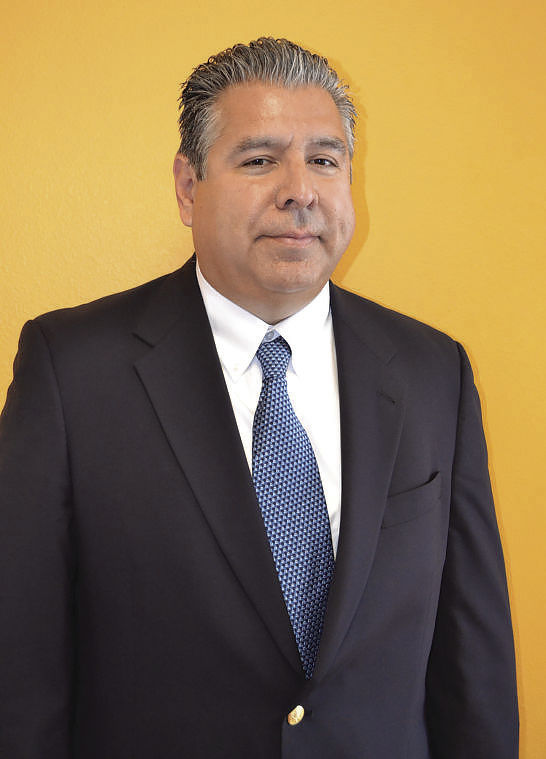BY TRINIDAD GONZALEZ
Within a democracy, accurate discussion of laws and policies by political and bureaucratic leaders is necessary. Otherwise it becomes difficult for the community to understand how they are governed. However, the op-ed published in The Monitor on Tuesday by Gov. Greg Abbot, Hidalgo County Sheriff J.E. “Eddie” Guerra, and McAllen Police Chief Victor Rodriguez, concerning Senate Bill 4 I believe was inaccurate.
There are two misleading statements of fact the governor, sheriff, and police chief made in their column about the anti-sanctuary cities law that Gov. Abbott recently signed.
First, the writers stated: “Regardless of your immigration status, if you have not committed a crime and you are not subject to an Immigration and Customs Enforcement (ICE) detainer, you have nothing to fear about the change in Texas law.”
The suggestion is that ICE detainers exists prior to an individual being stopped by law enforcement. The reality is an ICE agent can issue a detainer order any time based on “probable cause,” according to a Feb. 20 memo by Homeland Security Secretary John Kelly.
For example, during a traffic stop an officer may inquire about the citizenship status of a driver and of the passengers. If a passenger is suspected of being undocumented, then the officer can forward that information to ICE, which can issue a verbal detainer. In this case, the probable cause for an ICE detainer originated from the information provided by the officer. That is why their “regardless of your immigration status” statement is misleading.
Secondly, the writers stated:
“SB 4 does not require law enforcement to ask; it allows it.”
This statement is troubling because the op-ed makes it appear that officers can easily choose not to ask about a person’s immigration status under SB 4. If the writers were truly attempting to be accurate, then they would have discussed Section 752.053, “Policies and Actions Regarding Immigration Enforcement,” and Section 752.055, “Complaint; Equitable Relief,” in detail. The only reference to these sections is when they state “SB 4 requires all law enforcement agencies to enforce the law.”
The first section prohibits law enforcement agencies from using written and unwritten policies to discourage officers from asking immigration status questions. Unwritten policies are not easily reviewed. As a result, the statue uses the measure of “consistent actions” to help determine if officers are being discouraged from enforcing immigration laws. The statue does not define what determines “consistent actions,” and the vagueness of that wording is likely to be contested in the courts.
The second section allows “any person, including the federal government” to file a complaint with the Texas attorney general against any law enforcement agency for failing to comply with SB 4. If the attorney general determines the complaint is valid, then legal action will be taken against an offending agency. Civil and criminal penalties can be leveled against agencies and law enforcement supervisors for noncompliance.
Because agencies must avoid the appearance of “consistent actions” that might be interpreted as violating SB 4, they are likely to write protective policies to avoid any liability. This could include removing or discouraging officer discretion concerning immigration status checks. Much the way doctors engage in defensive medical practices to avoid liability; law enforcement agencies are likely to do the same as a precaution. In this case, law enforcement agencies could adopt policies that strictly enforce immigration laws.
I believe the governor, sheriff and police chief inadequately explained the detainer process, and the overwhelming pressure on sheriffs and police chiefs to have officers enforce immigration laws. They wish to depict SB 4 in a positive light, but do so by misleading readers. The reality is that SB4 is shifting policing to emphasize immigration enforcement. Whether you support SB 4, or not, our leaders must be accurate when discussing laws and policies in order for our democracy to work.





